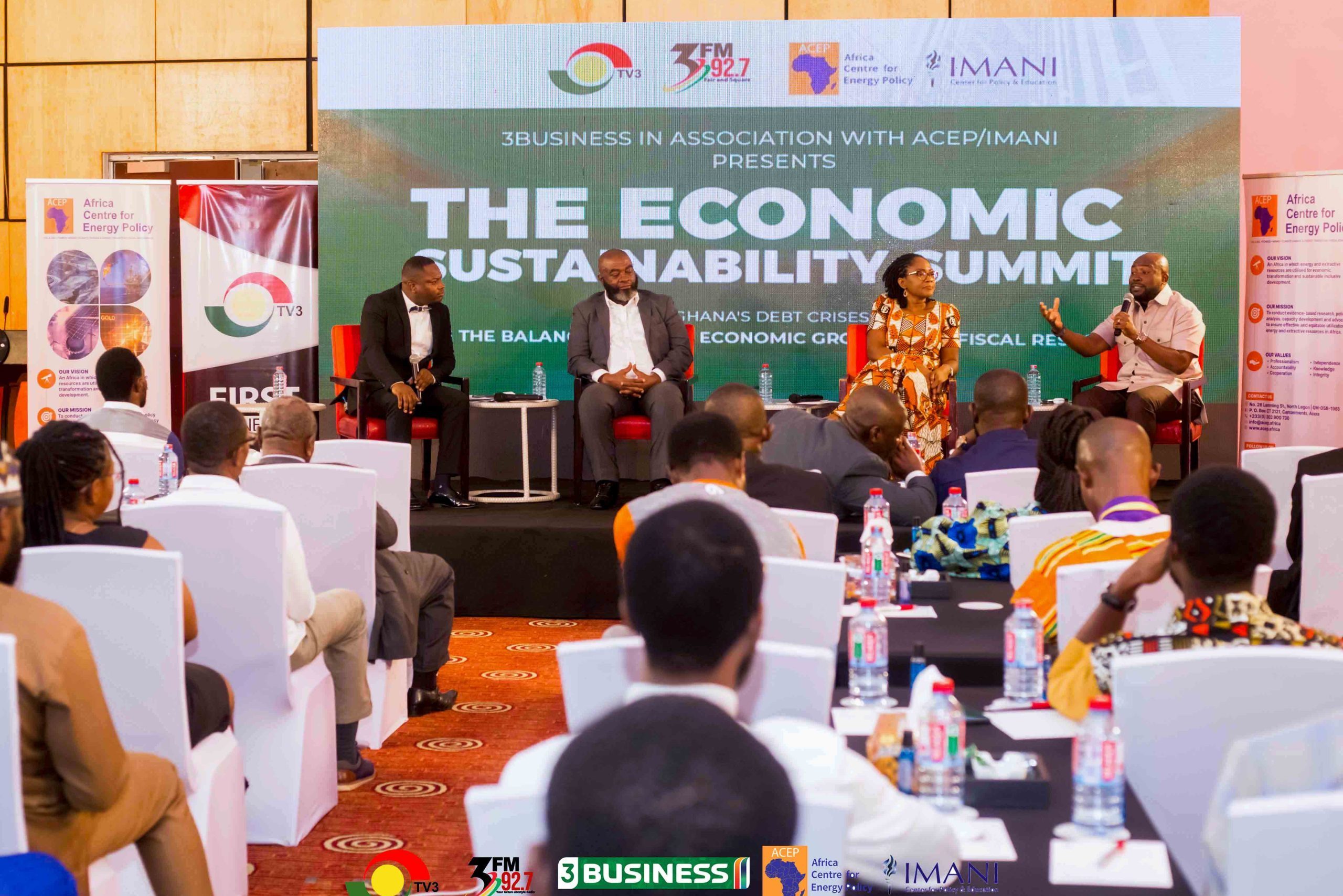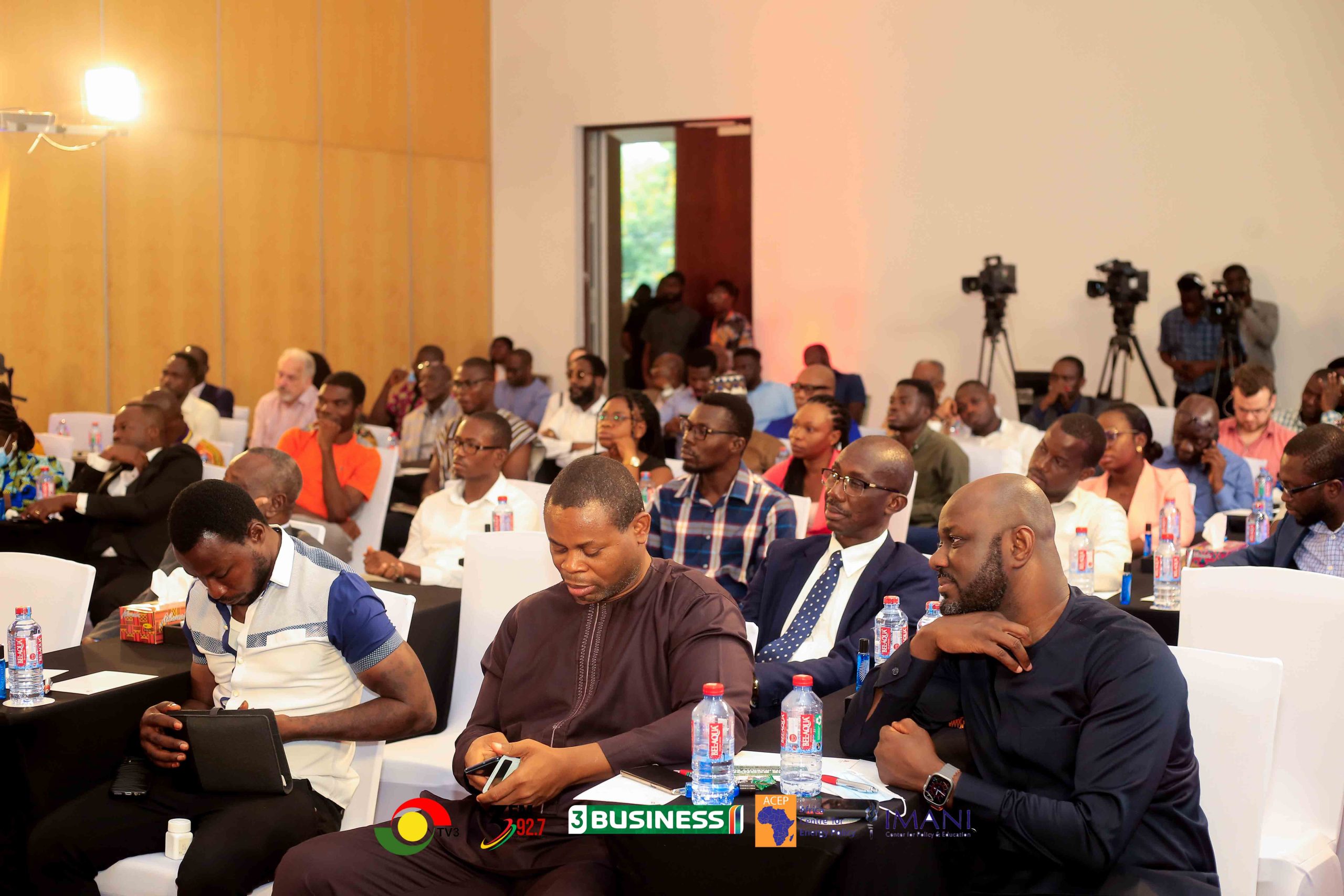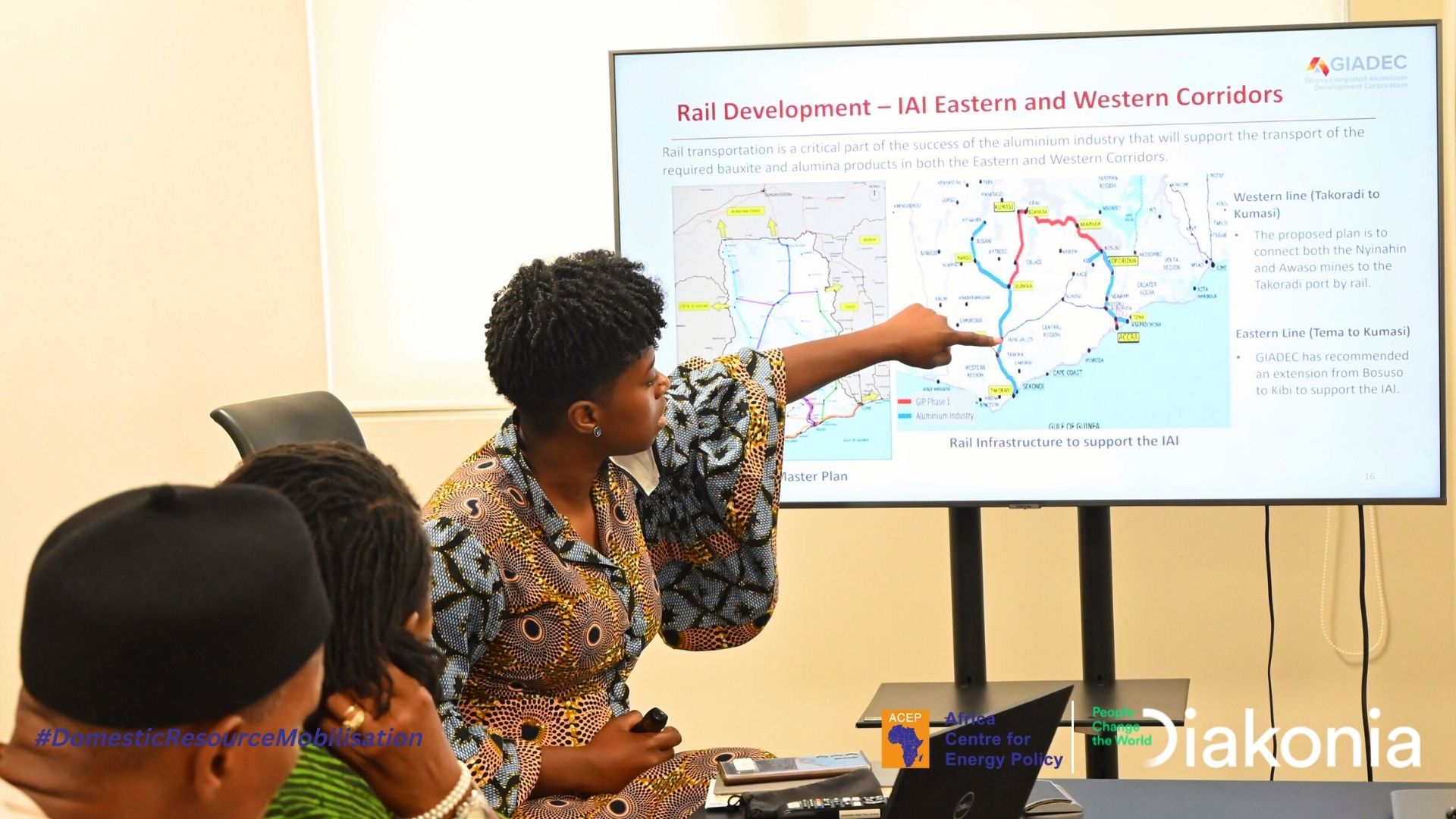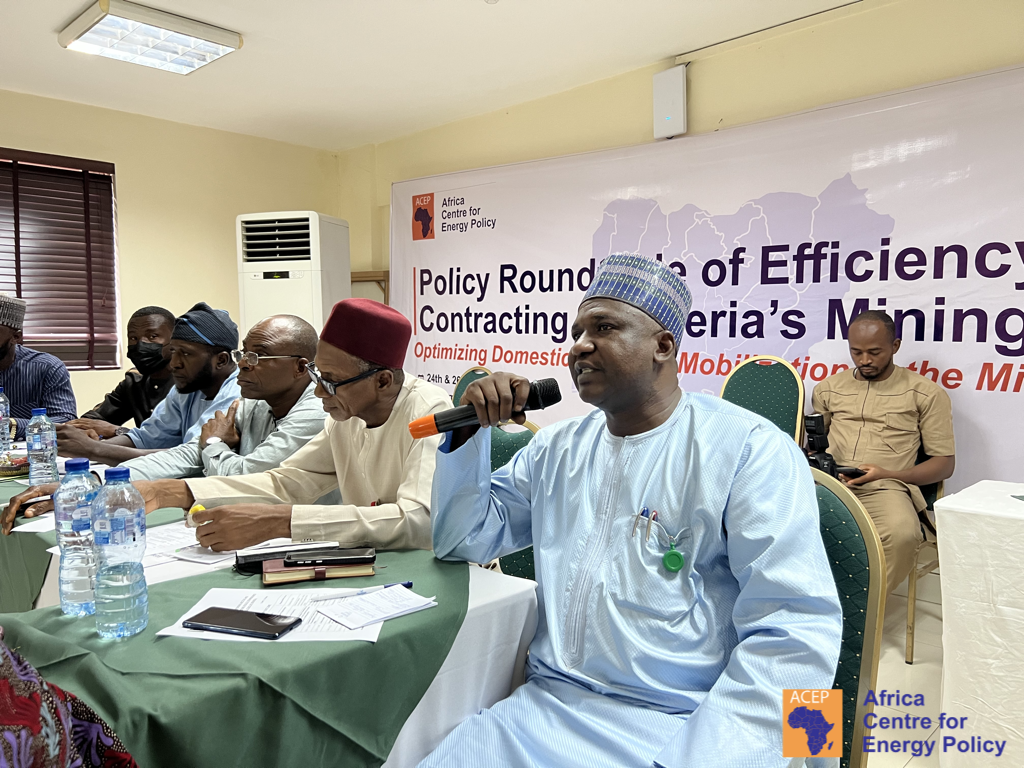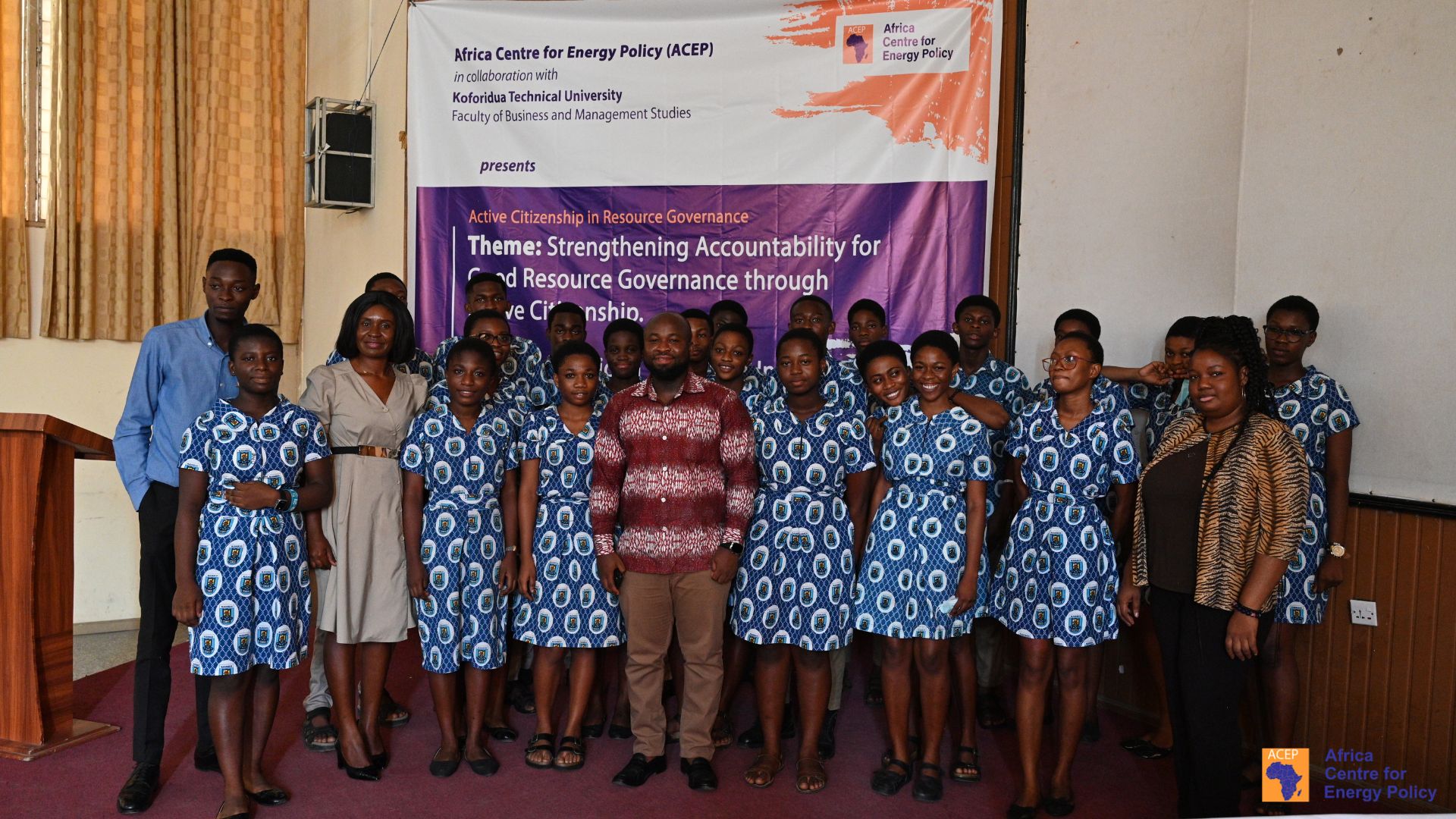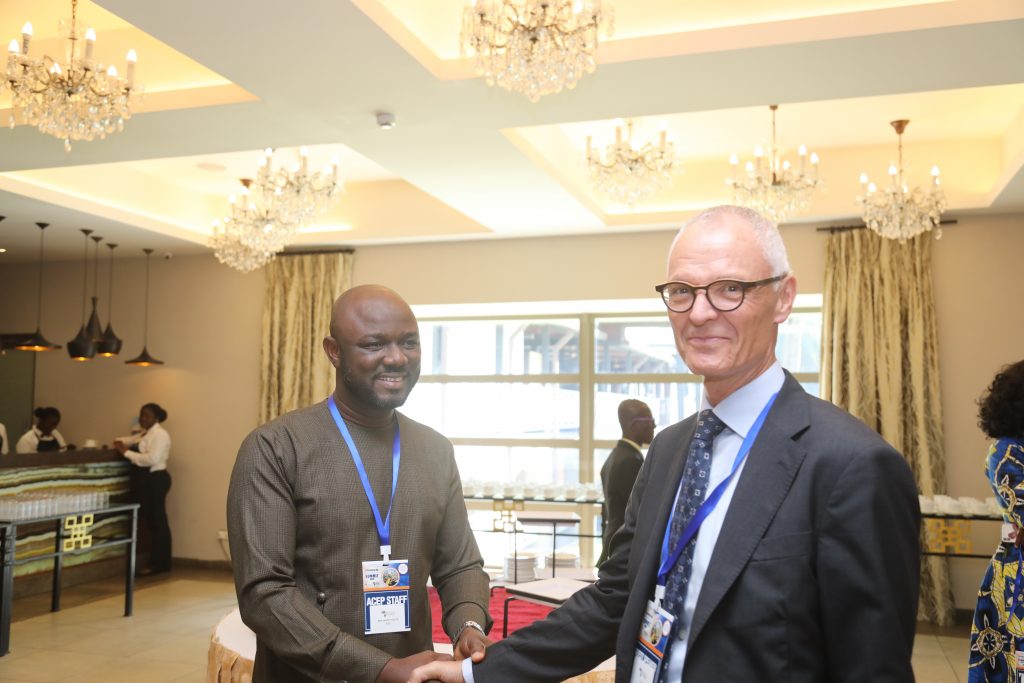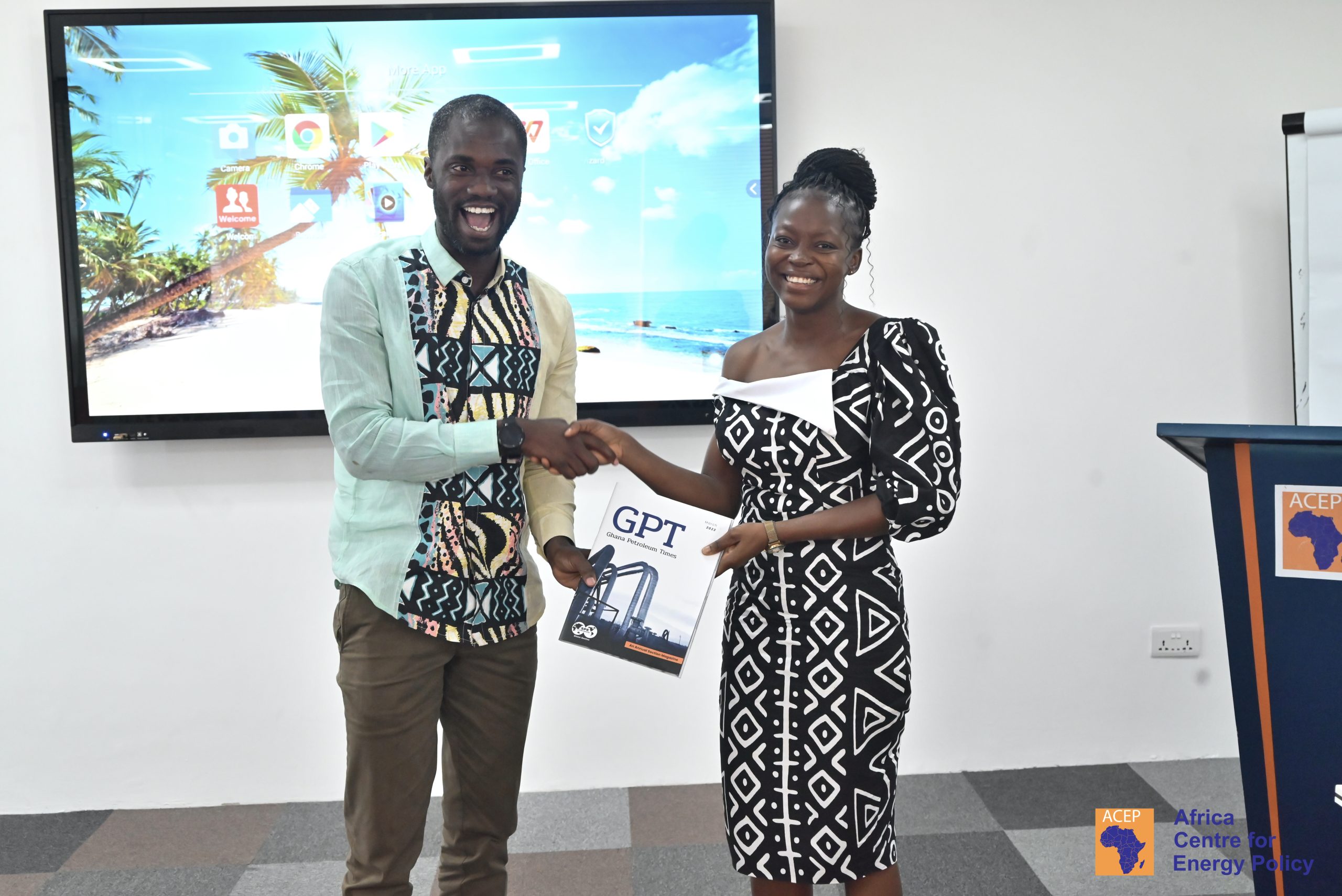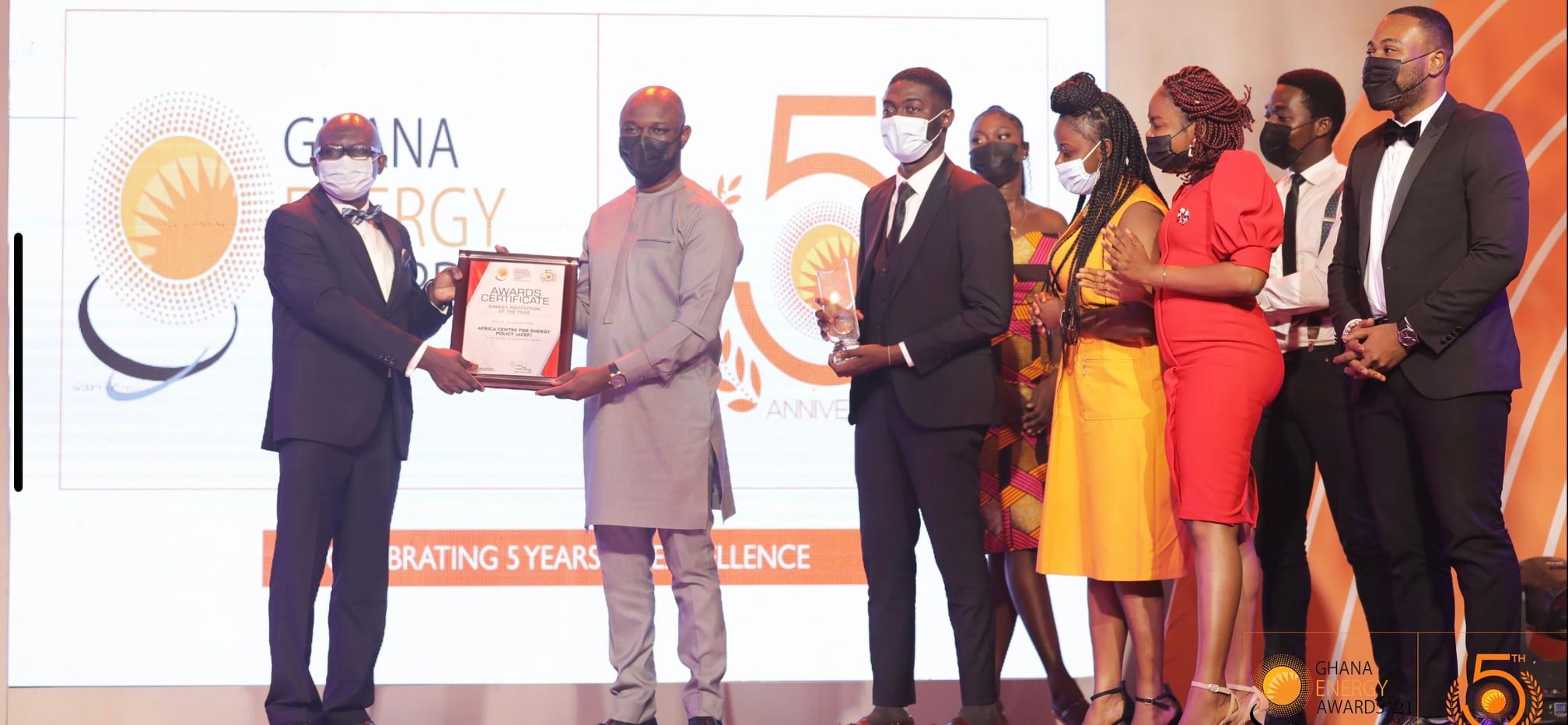Pass The MRMA Bill Now – The Model Girls Demand
The significant contribution of the mining sector to the growth and development of the Ghanaian economy is undoubted. For instance, among the industrial sub sector, mining and quarrying grew by about 46.7% in 2017 and contributed about GH¢76.5 billion to the gross domestic product (GDP) of Ghana substantially, from 2008 to 2017.
The Problem
Unfortunately, there is no comprehensive law that governs utilization of the mining revenues compared to the oil sector that has a Petroleum Revenue Management Law (PRMA, Act 815, (2011). The Minerals Development Fund Act, (2016), Act 912 regulates only 20% of mineral royalty, leaving a whopping 80% to the discretion of the Minister of Finance. This situation does not promote true transparency and accountability and fears are that mineral revenues might not be utilized in a sustainable manner. The legislative inadequacy makes it extremely difficult for civil society organizations (CSOs) and citizens to track utilization of mineral revenues as well as the real impact it makes, compared to the oil sector.
The Campaign
In view of this gap, ACEP and the coalition of Civil Society Organizations in collaboration with Oxfam Ghana, have over the years been advocating for the passage of a Minerals Revenue Management Law (MRMA) for Ghana which is still an on-going campaign. This campaign seeks to mobilize support and sensitize Ghanaians on the need to develop a legislation to manage the mineral revenues in a sustainable manner. This has led to several engagements with different stakeholders at different levels to secure their buy in. These stakeholders include policy makers, politicians, law makers, traditional authorities, Women as well as the youth and importantly, through social media. Again, a draft Mineral Revenue Management (MRM) law was developed and shared with the Ministry of Lands and Natural Resources. The draft bill encompassed CSOs expectations as well as those of stakeholders who had been engaged on the MRMA issues.
Apart from the direct engagement, ACEP has also embarked on robust social media awareness to strengthen the potency and coverage of the campaign. This is done through development and sharing of animations and videos to sensitize the public on the need to support the MRMA campaign.
Integrating The ‘Model Girls School’ Concept In The MRMA Campaign
Gender mainstreaming and inclusion are among the key objectives of the campaign for the MRMA campaign. The project first of all recognizes young girls as key stakeholders in the fight for the promulgation of the law. The campaign for the MRMA is one that recognizes the inclusion of key segments of society including women, young women, PWDs and other marginalized groups, and therefore, the concept of the ‘Model Girls School’ (MGS) approach is prudent. This is because, it ensures that there is efficiency in implementation and utilization of Oxfam grants. This project also intends to leverage other Oxfam supported projects in order to create linkages by mainstreaming gender and building a wider constituency for the campaign.
The girls will additionally serve as change agents who will share their knowledge and experience to their peers. This will in effect, help in building and expanding the scope of the campaign.
The Model Girls School Concept
The model Girls school concept is an attempt to address systemic gaps that negatively affect the education and wellbeing of girls from deprived and disadvantaged communities in Ghana.
In the past, the disparities that existed regarding girl child education particularly in Northern Ghana in comparison with their male counterparts was disheartening as parents did not value enrolling their Girl Children in schools.
Again, the few who got enrolled could not complete and so, eventually dropped out from school. Some inherent negative systemic practices at home and in the education sector were also found to be inhibiting girl child education. Some of these were early marriages, elopement, teenage pregnancies and high burden of household chores. In some cases, the education infrastructure and teaching method were disincentive to girls as it failed to incorporate the differential circumstances of girls in the traditional setting.
The focus of the ‘Model Girls School’ (MGS) is to incentivize girls and empower them to enroll in school as well as provide them with the required support to enable them complete their education.
The main objective of the MGS program is to enhance the capacity of the selected model girls through training in the areas of media work, advocacy, and minerals revenue management Since they constitute a major part of the future of this country, their voice and drive in the campaign to get the minerals revenue management law promulgated for Ghana and their future is indicative of the kind of future the youth want for themselves, and policymakers ought to pay critical attention to their demands.
The participants are regularly trained to pursue various carrier options of their choice and prepared for leadership to enable them become agents of change and role models in their various communities.
Expected Outcome
The capacity building training exposed the model girls to various developmental issues including media and journalism and how to use this as a tool for engagement on the campaign for Ghana to pass the Minerals Revenue Management Law (MRMA).
Some of the model girls expressed interest in taking journalism as a profession. This will be a huge step towards building a critical mass for advancing the argument in support of efficient management of Ghana’s extractive resources.
During the radio discussions, the model girls advocated for the passage of the minerals revenue management law. This advocacy is expected to continue even while the girls are at different locations and schools at the tertiary level.
The Training Strategy
The training was done by experienced media personnel who work in various media houses. The girls were trained on advocacy, media strategies and ethics, assertiveness, presentation skills, understanding the media landscape in Ghana, among others.
The training also involved field trips to selected media houses where the trainees were interviewed on the knowledge they had gained. During these sessions, the girls continuously advocated for the passage of the MRMA.
After the training, some of the girls participated in live studio discussions on the MRMA campaign. The process was video recorded and will be uploaded on the oil money TV platform for the public to access.
Conclusion
The campaign for the passage of the Minerals Revenue Management Law is an integrated and on-going process which encompasses many diverse facets, working to ensure that enough pressure is brought to bear towards its eventual passage.
Until it is passed, the campaign continues…
The NPP manifesto in the 2016 elections promised to pass the Minerals Revenues Management Law. The campaign (#keep the Promise) seeks to remind the government to fulfill its promise by passing the law.
#Keep the Promise.
#Pass the MRMA



